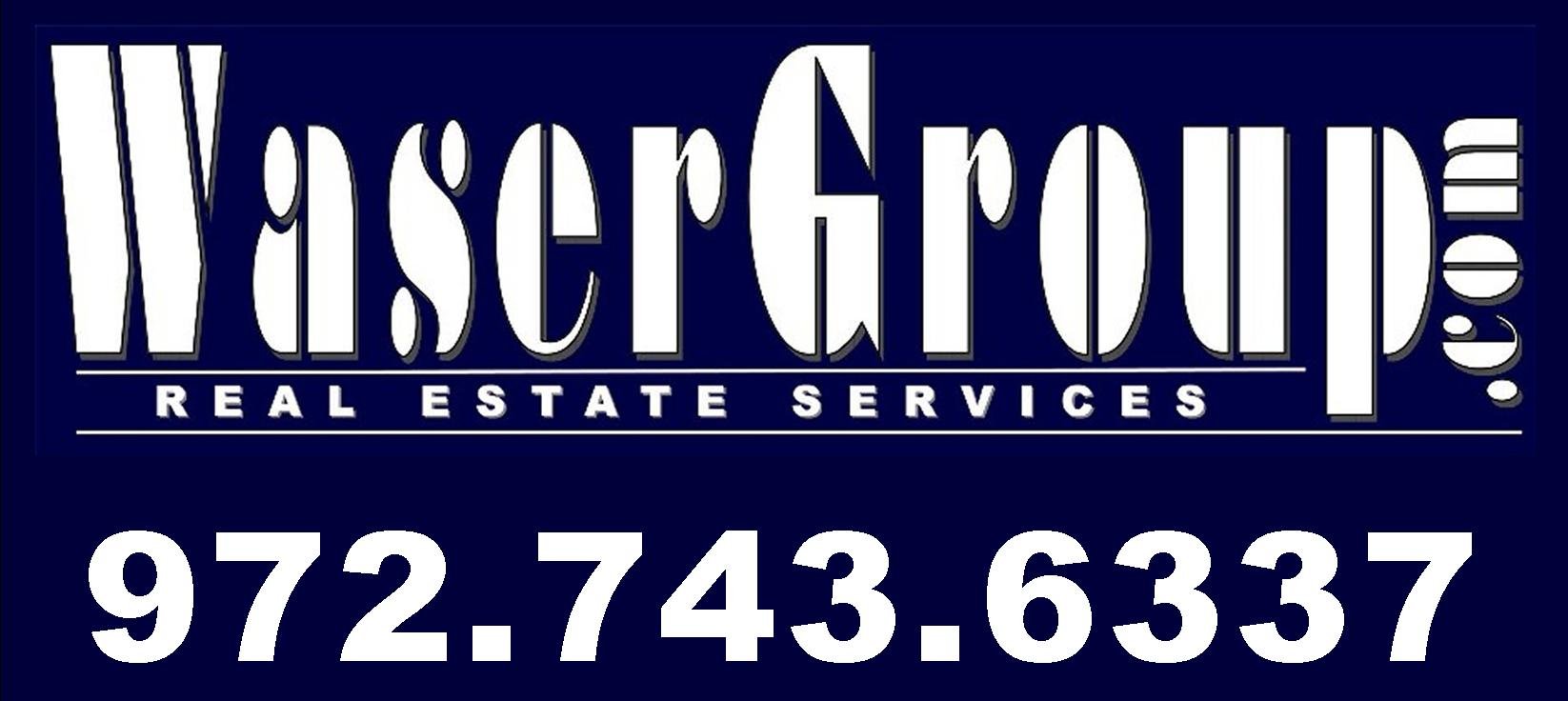- Email:
- Bryan@WaserGroup.com
- Phone:
- 972-743-6337
Pre-Qual Advice
If you have several months before you will need to move…
If you're not planning a move for a few months, there are some things you can do now to make sure you're ready for the loan process. Use Credit Karma, or some similar site, to do a soft pull (doesn't impact credit score) of your reports to make sure everything on there is correct. It takes a couple months to fix inaccuracies, so check it out sooner rather than later. It's a free site. Ignore the scores they post. I think they purposely show lower than actual to get you to sign up for their credit repair services. When I built 8 years ago, the score on their site was 50 points lower than when my lender pulled the same day!
If it shows your scores in the 500’s, you’re going to need to do some work. I’ve seen a lot of credit repair scammers over the years, but I’ve found one that actually delivers on what they say they can do. Andre Martinez with 90 Day Credit Experts at 385-360-5858 X125 or andre@90daycreditexperts.com.
Quick note on recent medical collection changes…
Paid medical collection debt will no longer be included on consumer credit reports.
The time period before unpaid medical collection debt will appear on a consumer’s report will be increased from six months to one year. This change gives consumers more time to work with insurance and/or healthcare providers to address medical collection debt before it appears on credit reports.
Medical debt collection accounts under $500 will no longer be included on consumer credit reports.
When you’re about 60 days from wanting to move…
I wanted to share a few points about the pre-qualification/loan process. I've been in real estate over 22 years and have seen some people make some pretty big mistakes when they're about to purchase a house. I'm going to list a few of the more common ones.
1) People think they should pay off AND close some of their credit cards. It's not a bad idea to pay them down to less than 30% of your credit limit, but don't pay them off and close the card. Part of your credit score is determined by your utilization of credit. Essentially, banks want to see that you have credit but you don't have high levels of debt.
2) Don't move large amounts of money from one account to another. If you have a large amount at home in a safe and you plan to use it for the down payment or closing costs, it will need to be in your U.S. bank account for at least 60 days before going under contract. Lenders call that seasoning.
3) Don't purchase a new vehicle, a bunch of appliances, or furniture until AFTER you have closed and the loan has funded. Lenders will pull credit again a few days prior to closing and spending can destroy your debt to income ratios or credit score.
4) Don't quit or change jobs during the loan process. If you must change, make sure it's also a W2 (employee) situation IN THE SAME LINE OF WORK. You will also need two pay stubs at the new employer prior to being able to close on the house.
5) People often try not to talk to a lender until they are actually out shopping for a home. Big mistake. Talk to the lender and get a pre-qualification if you're thinking about moving. The lender will give you advice about what to pay down or pay off to secure the best interest rate. He/she can also provide the options you have for down payment, closing costs, etc. The mortgage product lines have changed significantly in recent years. They even brought back stated income loans (no doc).
6) Do not only consider the principal and interest for your payment. Unless you're putting 20% down or more, you'll have private mortgage insurance (PMI) and escrow for property taxes and insurance. These can add $500+ to your payment, depending on the sale price of the house, so don't just ignore it as insignificant.
Copyright © 2023 Real Estate. All rights reserved

